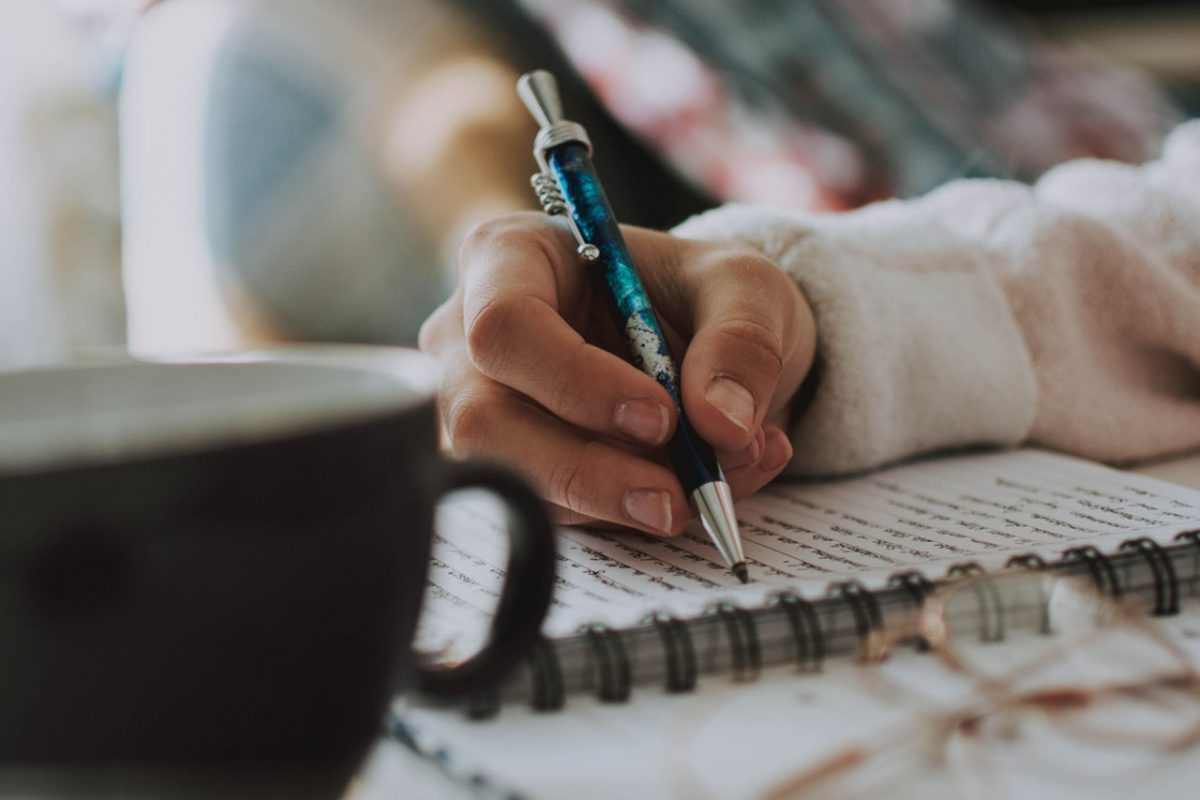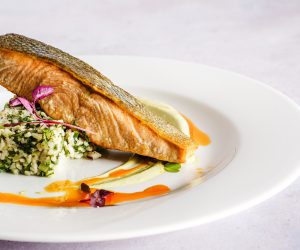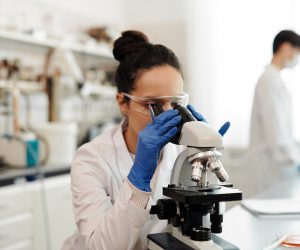
Essential Techniques for Self-Healing with Alex Elle
Dr. Caroline Leaf – In this podcast (episode #433) and blog, I talk to wellness educator, certified breathwork coach and Restorative Writing teacher Alex Elle about the importance of journaling, her new book How We Heal, why we need to model our experiences as adults so that we can teach our children to handle life’s challenges, focusing on our own journey instead of trying to change other people, and so much more!
Writing came into Alex’s life by way of therapy and the exploration of healing through journaling and mindfulness. The intention behind Alex’s work is to build community and self-care practices through literature and language. She teaches workshops, courses and retreats to assist others in finding their voices and creating clarity in their lives & relationships. She is also currently a teacher in residence at CIVANA Resort in Carefree, Arizona.
As a restorative writing teacher, Alex is passionate about helping people find true healing and get closer to themselves through the pages of their journal, which she discusses in depth in her amazing new book How We Heal. This book is full of techniques for self-healing, including journaling rituals to cultivate innate strength, accessible tools for processing difficult emotions, and restorative meditations to ease the mind. Complementing these practices are powerful insights from Alex Elle’s own journey of self-discovery using writing to heal, plus remarkable stories of healing from a range of luminary voices, including Nedra Tawwab, Morgan Harper Nichols, Dr. Thema Bryant, Barb Schmidt, and many more.
Alex is passionate about reminding people that we are our own greatest teacher. When it comes to healing and transformation, there has to be a sense of self-trust. The healing journey begins when we learn how to trust ourselves—that we are on the right path even when we feel we may not be.
Alex’s work centers around guiding people on this journey and teaching them to become their own truth-tellers. She teaches them how to name what they need, give themselves permission to put down things they no longer need, and to honor their own desires.
A key part of this process is what Alex calls “restorative writing”, which includes journaling. This kind of journaling and writing doesn’t have to be a “dear diary” experience. You can simply start with a prompt like “I am choosing joy because…” and make a list of what choosing joy looks like for you.
Journaling is not just about uncovering trauma and moving forward, which is of course important. It is also about tapping into our joy and inner peace, which is extremely powerful. Trauma is not our resting place—we don’t just have to sit in our trauma. Part of the healing journey also means seeking out joy and self-celebration.
This is not just something we do as individuals. It is a communal act. Self-care and self-healing is an act of community care. When we heal ourselves, we heal each other—we heal our lineages and we dismantle cycles of trauma.
Yet choosing joy is not just about positive affirmations. As Alex notes, affirmations without actions are just words. Taking action is an important part of any healing journey—we cannot just write “I am worthy” and “I am enough” and think everything will change. We need to take steps to lean into our worthiness and implement actual changes in our lives. This kind of work will have lasting impact in our lives.
It is also important to understand that it is okay to not have all the answers. When we tap into our inner joy and peace, we can also find a sense of stability even when things are uncertain—even when we are in the midst of a storm.
This kind of journey is not a one-off event. Healing isn’t band-aid work—it is forever work. Healing is a partner in this life, because as long as we are alive, we will face challenges that can affect us emotionally and physically.
Healing is not about escaping something. It is about leaning into life and befriending the things that make us afraid so we can tap into our self-compassion and truly move forward. If we stay in the pain and “What ifs”, we will not find acceptance for what we cannot change, which will keep us stuck in the past. But, if we befriend our pain and fears and face them without contention or judgment and with compassion, grace and understanding, we will find true healing.
This doesn’t happen overnight. Healing is something that we need to practice. It isn’t easy, but it is worth it, and it gets easier the more we walk the journey. The more we practice tapping into our own experiences, the more we access our own answers: our own how, why, when and where…our own journey forward. We learn to trust ourselves and heal.
And, when we model this for our children and share our journey, we teach them from youth to manage their mental health. We teach our children that this is a lifelong journey, and that when we heal ourselves, we heal others. We show our children how true healing is about community. We are all students of life and of each other. When we give ourselves permission to heal, we give other people the permission to do the same.
At the same time, it is important to recognize that you can only change yourself, not other people. Our job is not to change people—it is to accept people, even if that means accepting them from afar. This can be hard, especially if it is someone we love. The greatest permission we can give someone to change is to lead by example.
Likewise, it is more important to like ourselves than have other people like us. If you don’t like yourself, you will find it hard to truly be yourself around other people, or like other people on a genuine level, which will affect your relationships and your mental health.
For more on trusting yourself, the healing journey and improving your mental health, listen to my podcast episode with Alex (episode #433), and check out her amazing work and book.
To read the original article click here.






